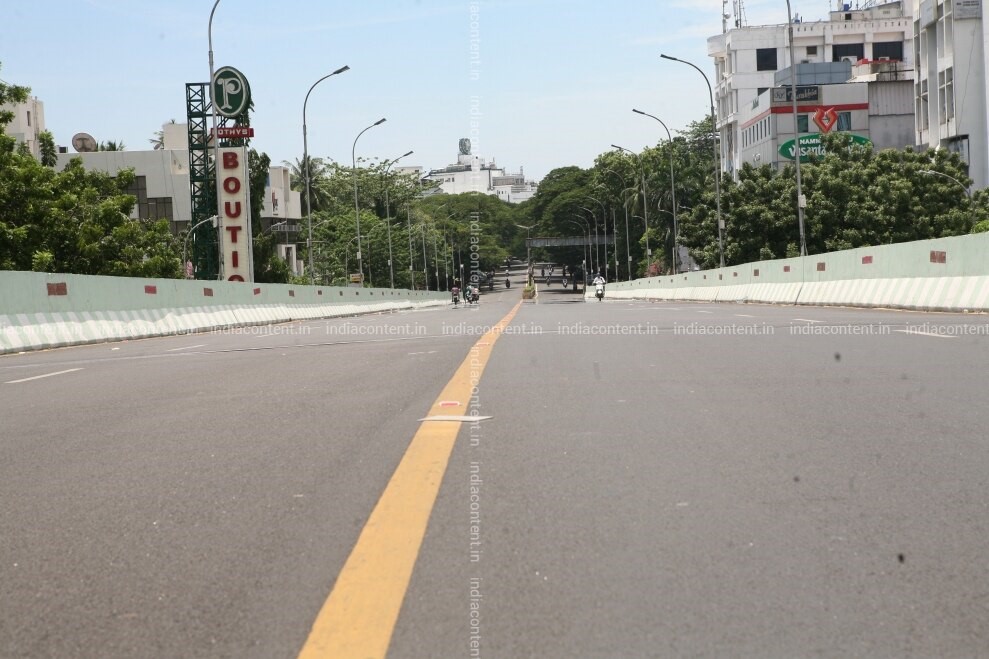
Why Karnataka Bandh?

On February 13, 2020, pro-Kannada organisations in Karnataka had called a general strike rubbing off the transport services especially in Bengaluru. The bandh was assisted by various cab and auto drivers unions.
Following the decades-old Sarojini Mahishi report demanding jobs in PSUs and private companies for Kannadigas, the Karnataka Bandh was called. The normal life of people in Bengaluru and other parts of the state was affected due to this bandh called by Kannada mass from 6 am to 6 pm. The Karnataka Bandh was instigated by Karnataka Sanghatanegala which was created by uniting the few clans of KRV (Karnataka Rakshana Vedike). It urged the government to implement the reports asking to allocate more employment opportunities for Kannadiga youths in both private as well as government sectors.
Despite having requested by Karnataka Chief Minister BS Yediyurappa to not cause any inconvenience to the public, Karnataka Bandh was announced in the state. He had ensured the protesters for his willingness to talk to them and told that they have already been working in order to implement the Sarojini Mahishi report.
The Karnataka government had not declared any day-off in schools and colleges across the state on February 13. The primary and secondary Education Minister Suresh Kumar had also confirmed the usual functioning of the educational institutions in the state.
Transport Minister of the state Laxman Savadi also announced the usual functioning of buses in the state and other places after a clearance by the bandh followers to not cause any nuisance to the commuters.
The protesters if found making forceful attempts for the shops, businesses, offices and commercial establishments closure would not be entertained by the Bengaluru Police, as told by the police commissioner Bhasker Rao.
As per the statement given by the President of Ola, Uber Drivers and Owners Association, Bengaluru Tanveer Pasha to the reporters, Ola and Uber drivers decided to support the demonstrators in order to fulfil the demands of the Kannada organisations.
Nearly one lakh Ola, Uber and auto-rickshaws were associated with the two major unions in the city named Peace and Adarsh who were also supporting the Bandh.
Sarojini Mahishi Report
The Karnataka Government had established a council in 1984 which was driven by erstwhile union minister Sarojini Bindurao Mahishi with a vision to recommend employment opportunities for Kannadigas in Karnataka. In 1986, the report was submitted by Mahishi Council.

Around 58 endorsements were announced by the board which encompassed 100 per cent reservation for Kannadigas in Group C and Group D jobs in Central Government departments and PSUs functioning in Karnataka, a minimum of 80 per cent and 65 per cent reservations for Kannadigas for Group ‘B’ and Group ‘A’ jobs respectively, in Central Government units and PSUs functioning in Karnataka.
Kannada and Culture Minister CT Ravi claimed having executed the agreement by BJP government towards Sarojini Mahishi’s report implementation. The report has already been executed in government sector and will soon be executed in private sector step by step.
Impact of Karnataka Bandh
Although Metro and BMTC buses plied as usual, some auto and cabs were offroads with a vision to unanticipated incidents. If any of the cab and autos were found on roads, they made a hole in the traveller’s pockets to serve them between 6 am and 6 pm. The app-based cab operating companies had extended their full support.
Though various drivers associated with taxi aggregators backed the Bandh, Tourist taxi operators had only lent their moral support. Radhakrishna Holla, the president to the Karnataka State Tourist Operators Union was not a part of the bandh as their business was already under loss but had extended his moral support.
Pontiffs of more than 40 blockheads were engaged in the big protest march which went from Town Hall to Freedom Park. According to the KSO president HB Nagesh, nearly 700 organisations had backed them across the state in accomplishing their motive which included farmer groups, trade unions and pro-Kannada organisations.
They had also received the moral support of HV Annanth Subbarao, general secretary of KSRTC Staff and Workers Association.
KFCC (The Karnataka Film Chambers of Commerce), Lorry Owners Association and CITU (Centre of Indian Trade Unions) also backed the bandh in Karnataka on February 13.
According to political experts, it was a low impact mission.

Karnataka Bandh Images on India Content
The India Content website has a huge stock of high-definition images related to Karnataka Bandh. The images are available in three sizes – small, medium and large.
You can purchase various other content images from the https://www.indiacontent.in